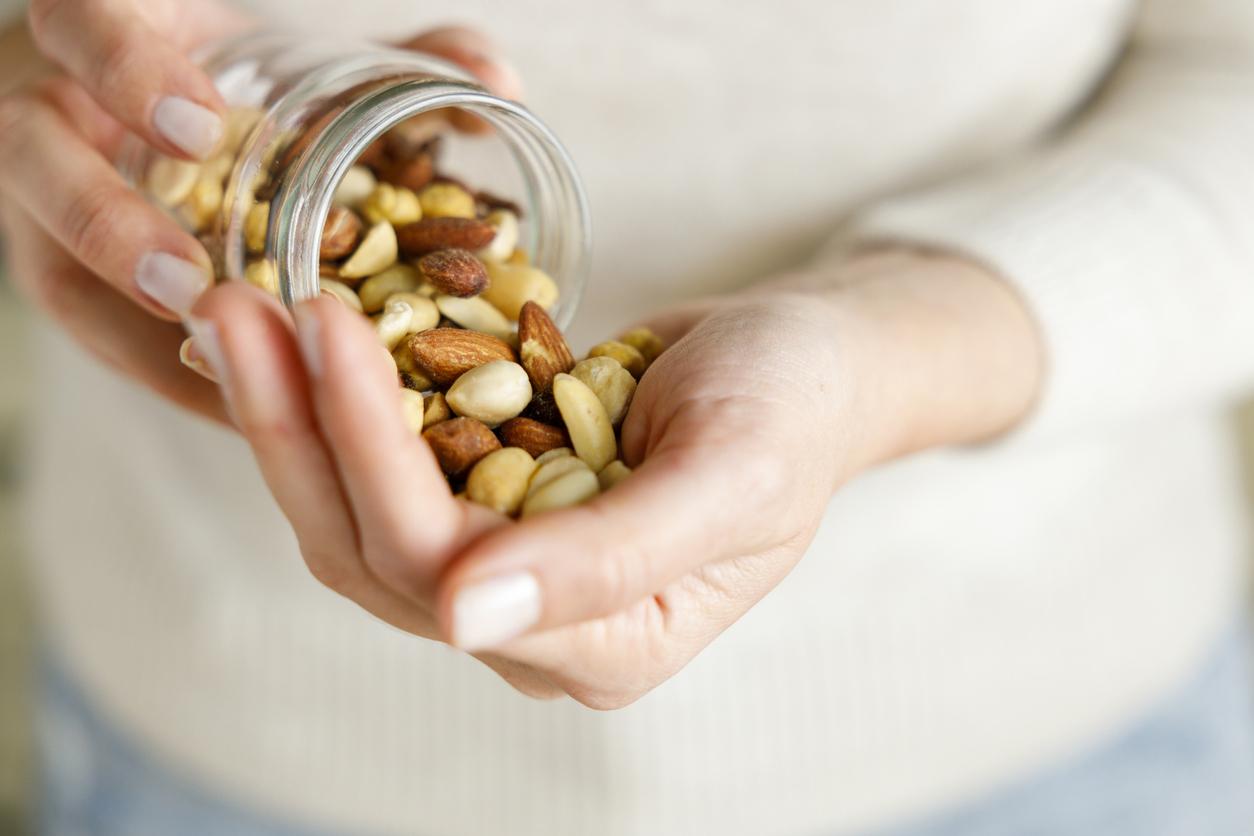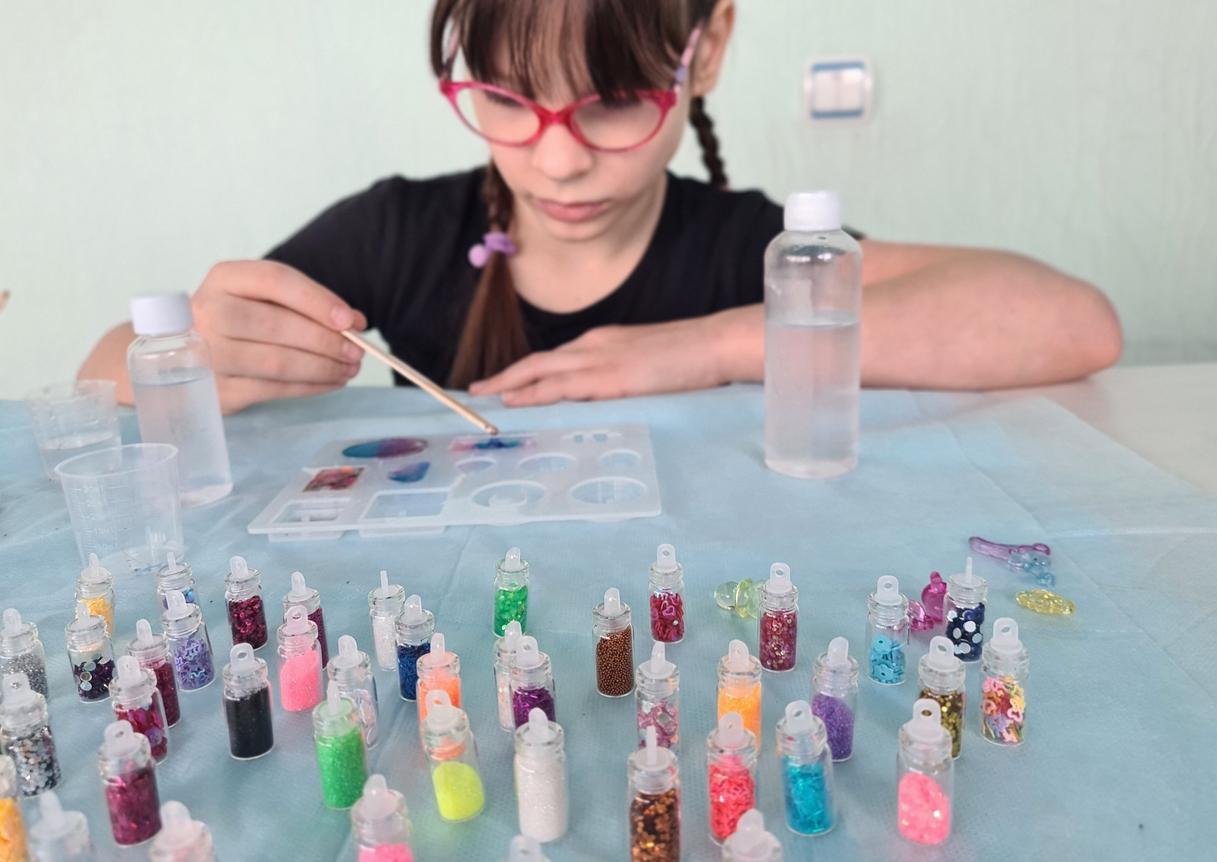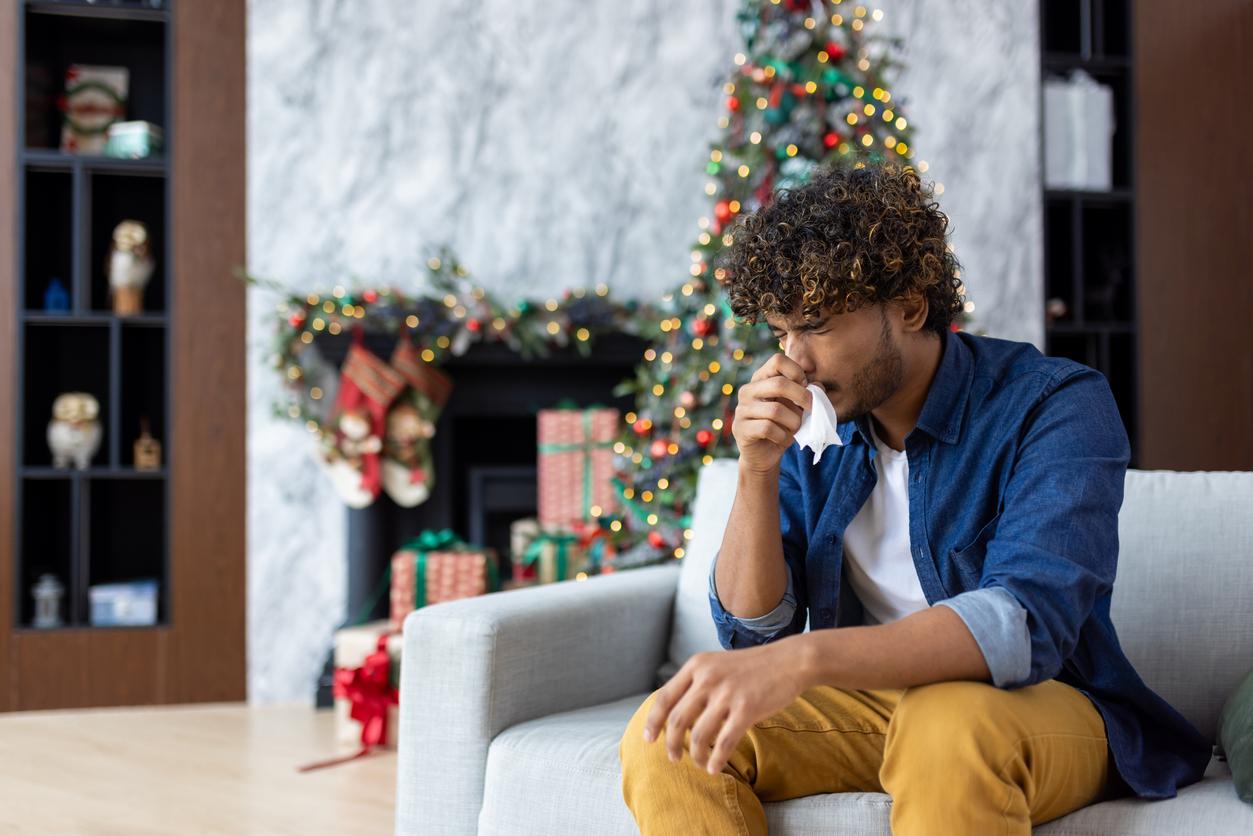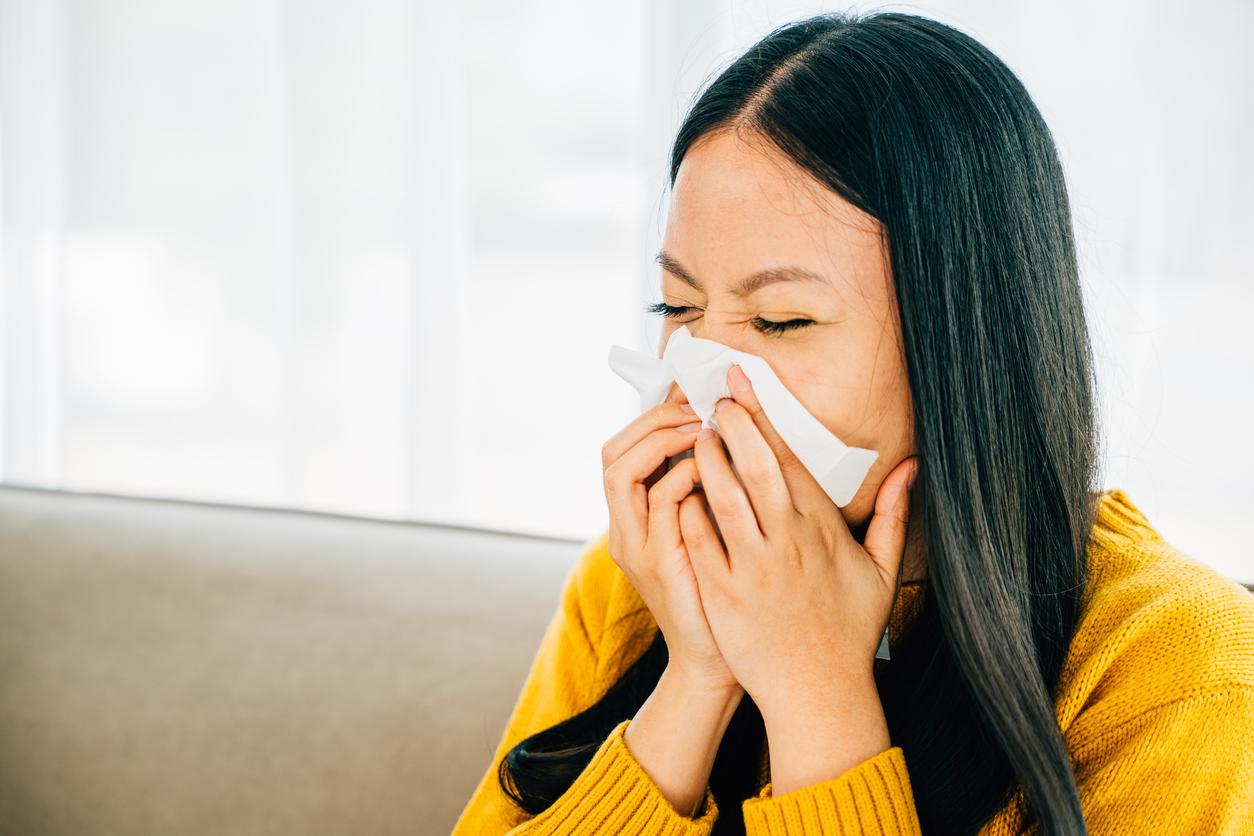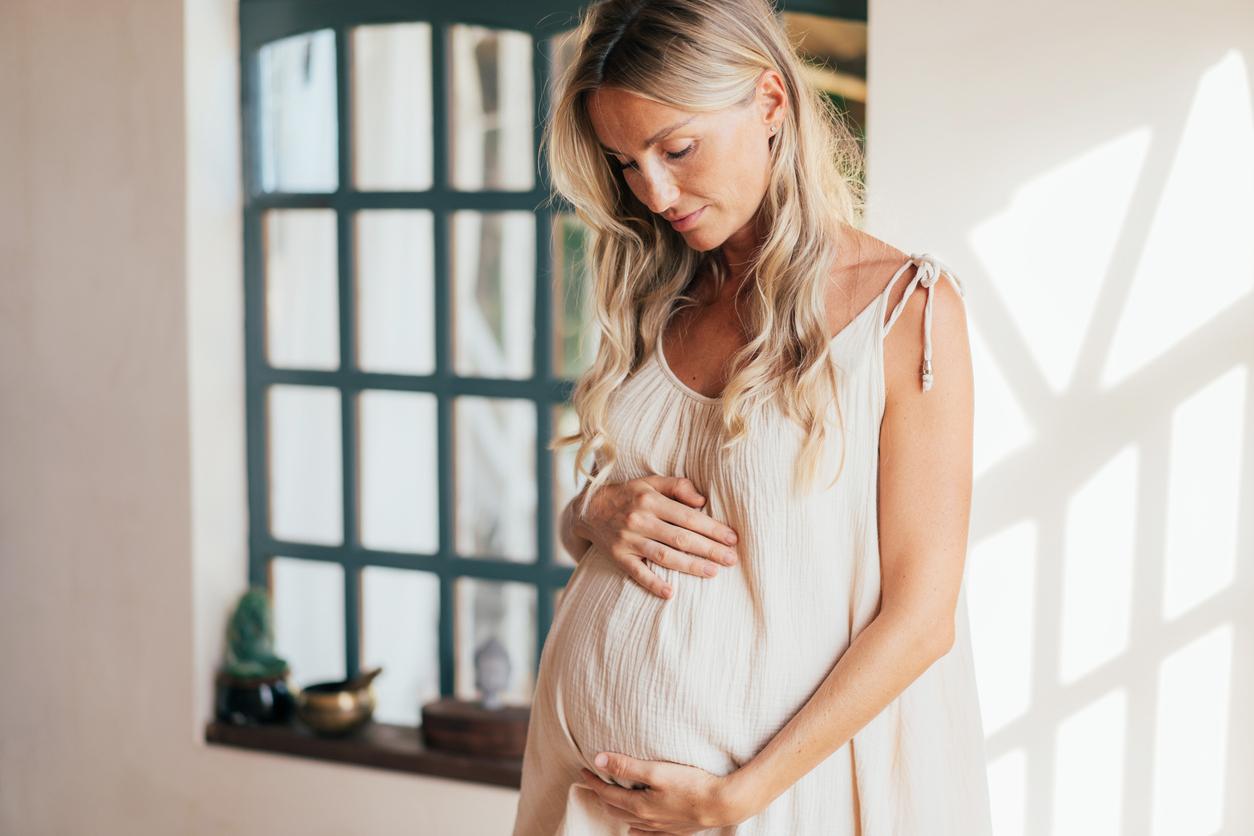Symptoms of allergic rhinitis can be very similar to those of coronavirus. Doctor Christian Noirot, allergist in Brunoy, in Essonne, helps us to make the difference.
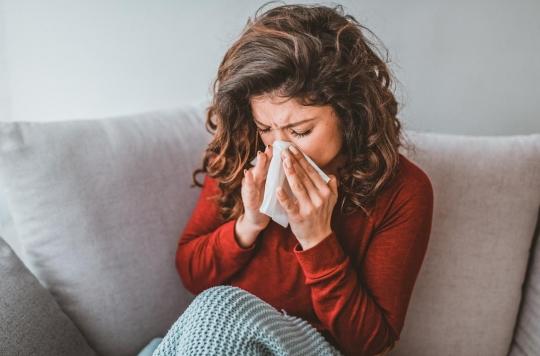
Pollination occurs at the same time as the Covid-19 epidemic, which is confusing for some people. The symptoms can indeed be similar: an allergic rhinitis is certainly manifested by the runny nose, scratchy nose, red eyes and sneezing, but is also accompanied by respiratory problems (asthma), coughing fits and sometimes body aches. The same symptoms seen in C positive peoplevid-19. It is therefore difficult to tell the difference. Doctor Christian Noirot, allergist in Brunoy, in Essonne, helps us to see more clearly.
Can a pollen allergy occur at any time of life? We are thinking of the undiagnosed people who may be feeling the first symptoms in this epidemic period and worrying about having Covid-19.
Absoutely. Traditionally, it was observed in an age group around 10 years old, in adolescents and young adults, but we also have cases in 4-year-old children. Similarly, it is possible to develop a pollen allergy in late adulthood such as 40 years old. However, cases are much rarer at age 50.
What are the periods and symptoms of allergic rhinitis?
There are three pollen periods in the year: the pollination of trees, which begins at the end of January and lasts until April, that of grasses, that is to say wild flowers, which begins in April and ends in June, then the pollination of late-season pollens which occurs later from July to September. It is rare to be allergic to these three families, the most common cases being allergies to trees and grasses. People with allergies, when they inhale these pollens, have fits of coughing, have watery eyes, itchy palate, itchy and runny nose, possible asthma that must be monitored and in some cases, a loss of smell.
Coughing fits, respiratory problems and anosmia (loss of smell) are just symptoms of Covid-19. How to make the difference ?
The loss of smell caused by allergic rhinitis is generally mild and results from nasal congestion, while we speak of a sharp and dry loss of smell and taste in the case of Covid-19 contamination. . Allergic rhinitis is very easy to spot clinically and the symptoms subside easily with antihistamine treatment, unlike those of Covid-19. People with allergies sneeze, cough, have watery eyes, itchy, runny nose… These signs do not usually appear during a coronavirus infection.
Doing an allergy check-up right now can be difficult in this period of confinement. How to do ?
There is no rush to do pollen tests. The allergic person can be prescribed by his doctor (thanks to the teleconsultation for example, Editor’s note) eye drops if there is conjunctivitis, antihistamines, possibly a treatment for the bronchi such as inhaled corticosteroids (recall after the controversy over Ibuprofen, that there is no contraindication for spasmodic coughs and asthma, and that corticosteroids must be maintained for allergic rhinitis and asthma) or even a bronchodilator. If the attending physician is saturated due to the epidemic, patients can go to the pharmacy or antihistamine treatments are sold without a prescription.
.







